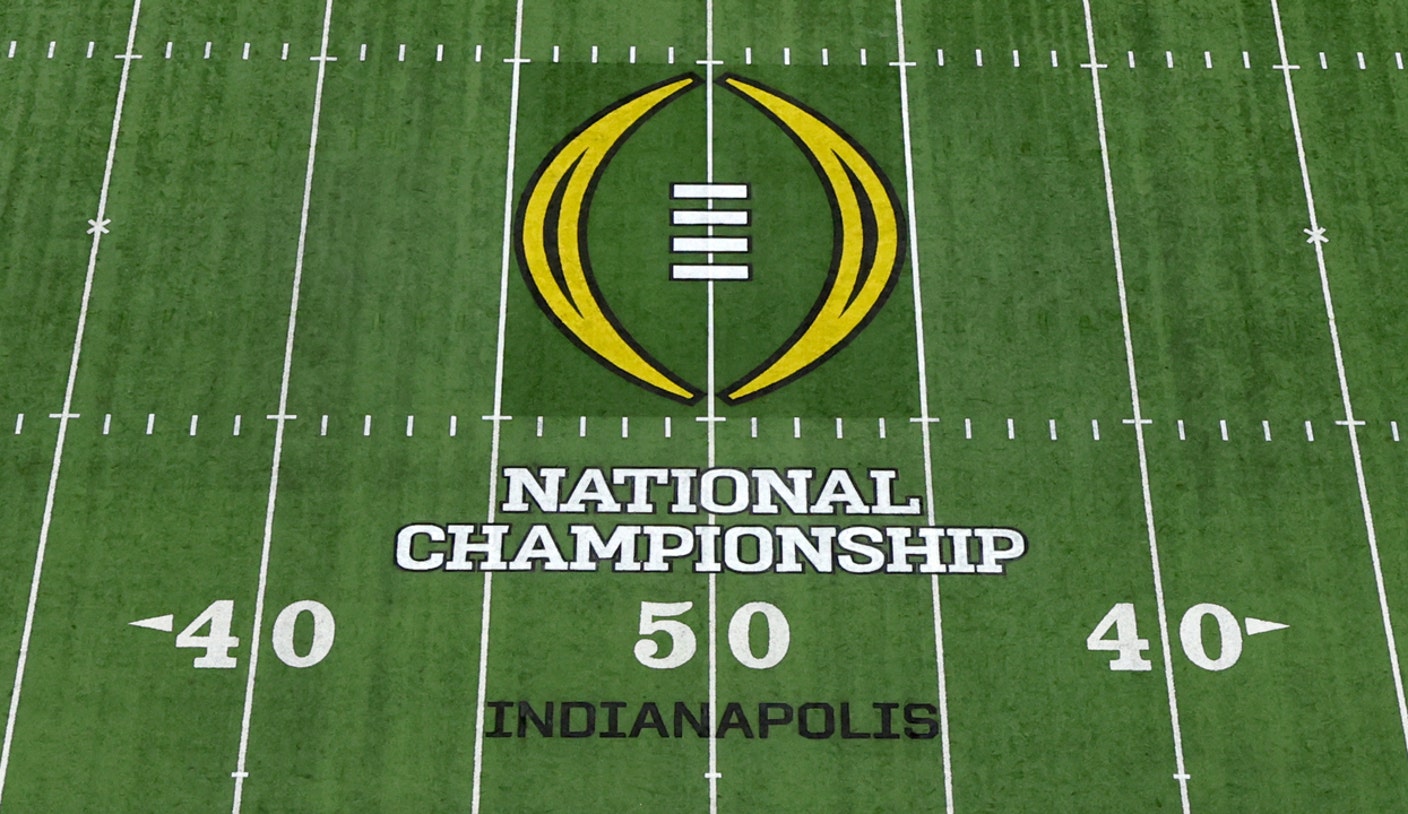 Listen To Article
Listen To Article
Gordon Moody has released its Q3 2023/24 data report for gambling ps in the UK.
Gordon Moody is one of the independent charities in the UK dealing with individuals, families and communities affected by gambling-related harm.
The organisation found that there were a total of 721 applications in Q1-Q3 in 2023/24, an increase of 13% when compared to the same period the year before.
As for the Q3 segment in particular, this increased by 15% annually, for a total of 241 applications.
One point that was interesting, though, is that both 2022 and 2023 saw similar trends, in that the quarter with the most applicants was Q1 in both; 217 and 248, respectively.
Perhaps this is due to several high-profile events finishing in Q1, including the Premier League Football, Premier League Darts, the Cheltenham Festival, the Grand National, the World Snooker Championship, the FA Cup and others.
Out of all the applicants, 76% were male, while 24% were female.
While there was a slight decrease in the 25-34 age group, it was still the largest demographic making up 41% of applications.
In the report, Gordon Moody comments that this is “continuing the theme of people reaching out for help sooner than before.”
A total of 49% of applicants were self-referrals, while 22% were from other gambling treatment providers, which highlights the importance of gambling charities working together to protect people experiencing gambling-related harm.
This was achieved through the National Gambling Support Network (NGSN), which is a collaborative project to “realise our vision of getting people the right treatment, in the right place, at the right time”.
This support system is important when looking specifically at the client complexity numbers. Applicants with criminal offences rose to 27% from 5% the year prior, while drug misuse rose to 13% from 8%.
Gordon Moody could accept 95% of the applicants, with the remaining 5% being transferred to a more appropriate service.
Between Q1 and Q3, 845 pre-support one-to-one sessions and 41 group sessions were delivered, 1,157 standard one-to-one sessions and 70 group sessions, with 1,733 people attending aftercare.
The ex-service user demand is also growing, with 200 attending one-to-one sessions, 64 going to group sessions and this particular demographic spending on average 182 days in aftercare.



